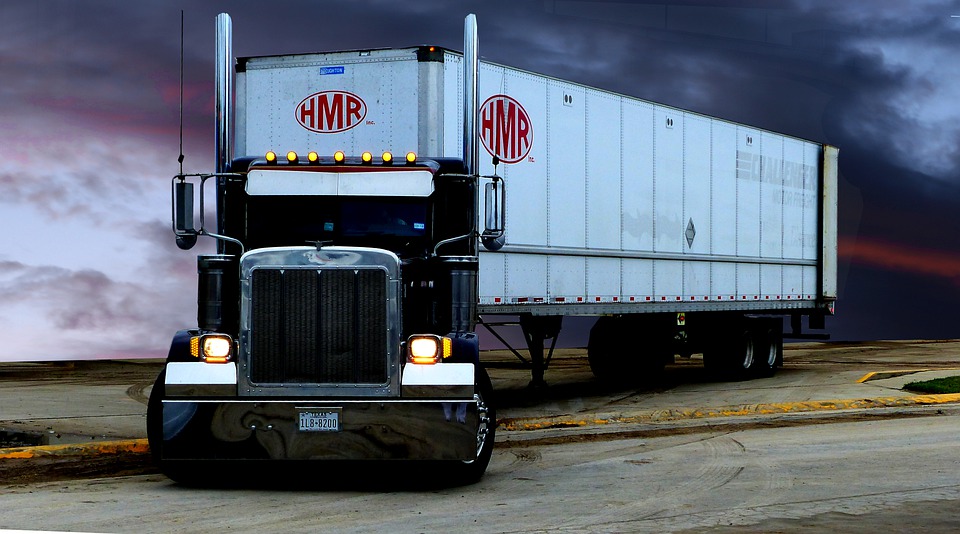Road transport is a branch that attracts many companies and carriers because of the strong growth of this sector. Discover through this article the essential points to know about the road transport of goods.
The Advantages of Road Freight Transport
A Solution for Short and Direct Journeys
Although it is more polluting than other modes of transport, the truck remains the most appropriate solution for short distances and direct routes. The loading and unloading of goods are much simpler than in the case of air and rail transport. This reduces handling time. It is also the most direct solution when transporting cargo. The goods are transported from the loading point to the delivery point smoothly and in perfect condition, because they are not even touched when changing the means of transport, as is the case with air transport.
Better accessibility
Trucks can handle all types of roads regardless of weather conditions or seasonal changes. Moreover, transporting goods by road is also reliable in terms of time. Indeed, road vehicles are particularly robust and manage schedules according to imposed deadlines.
Versatility
Versatility is a must when it comes to transporting goods by truck. Indeed, it offers numerous transport solutions such as bulk transport or even courier service. Thanks to these solutions, road transport proposes a wide range of services adapted to all needs.
Flexibility
This type of transport is also distinguished by its flexibility. Trucking is likely to meet all your needs. It takes advantage of technological improvements that increase its efficiency. They contribute to undeniable logistical progress, especially in terms of communication and organization.
Insurance
During transport, goods are often exposed to several risks such as deterioration or late delivery. Indeed, the purpose of insurance is to guarantee a proportional reimbursement of the value of the goods in case of damage or loss.
Prevention in case of litigation
The carrier is held responsible for the goods he transports, but this responsibility is limited and framed. International conventions have established liability ceilings in terms of recovery of sums incurred. In this sense, compensation is capped if the carrier has taken all the necessary measures to ensure the smooth running of the transport.
A standard contract, liability insurance
The State has established official scales to determine the limits of liability and the amount of compensation. For instance, in France, for shipments of less than 3 tons, the payment cannot exceed 23 euros per kilogram of the gross weight of damaged goods for each item included in the shipment, without exceeding 750 euros per damaged package. This insurance only covers the service provider’s liability, such as the carrier and the commissionaire.
To subscribe to transport insurance, it is necessary to contact insurance brokers, general insurance agents, insurance companies specialized in transport, or marine insurance agents.

